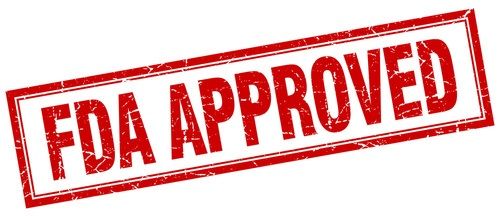Article
FDA Clears First Newborn Screening System for Identifying Rare Disorders
Author(s):
The FDA gave marketing approval for detecting rare disorders in babies.

The US Food and Drug Administration (FDA) granted marketing approval for the Seeker System (Baebies Inc.,)— the first newborn screening test to detect four rare Lysosomal Storage Disorders (LSDs): Mucopolysaccharidosis Type 1 (MPS I), Pompe, Gaucher, and Fabry.
LSDs are rare metabolic disorders in which enzymes that typically eliminate unnecessary substances in the body’s cells are not at normal levels. According to the US Department of Health and Human Services’ (HHS) Advisory Committee on Heritable Disorders in Newborns and Children, the four disorders occur in approximately 1 in 1,500 to no more than 1 in 185,000 newborns and children. Depending on the disorder that may cause organ damage, neurological disability, or death if undetected or treated sooner.
The FDA reviewed the data for the Seeker System through the de novo premarket review pathway during which officials evaluated data from a clinical study of 154,412 newborns in Missouri whose dried blood samples were tested for protein activities linked to the four disorders.
The team confirmed efficacy once the system accurately identified at least one of each of the four LSDs n 73 of the infants.
The Seeker System includes the Seeker LSD Reagent Kit- IDUA|GAA|GBA|GLA and Seeker Instrument, and specifically works by measuring the activity level of proteins needed for healthy lysosomal storage. Researchers administering the test prick of a newborn’s heel 24 to 48 hours after birth to collect blood samples.
Signs of reduced enzyme activity associated with any of the four LSDs would indicate potential presence of the disorder, and then would need to be confirmed using other test methods like biopsies.
Researchers did highlight that the tests can have false negative findings. That was the main risk associated with using the screening system.
“Accurate screening tests will help with early detection, treatment and control of these rare disorders in newborns, before permanent damage occurs. That’s why availability of LSD screening methods that have been assessed for accuracy and reliability by the FDA are so important,” Alberto Gutierrez, PhD, director of the Office of In Vitro Diagnostics and Radiological Health in the FDA’s Center for Devices and Radiological Health, said in a news release.





